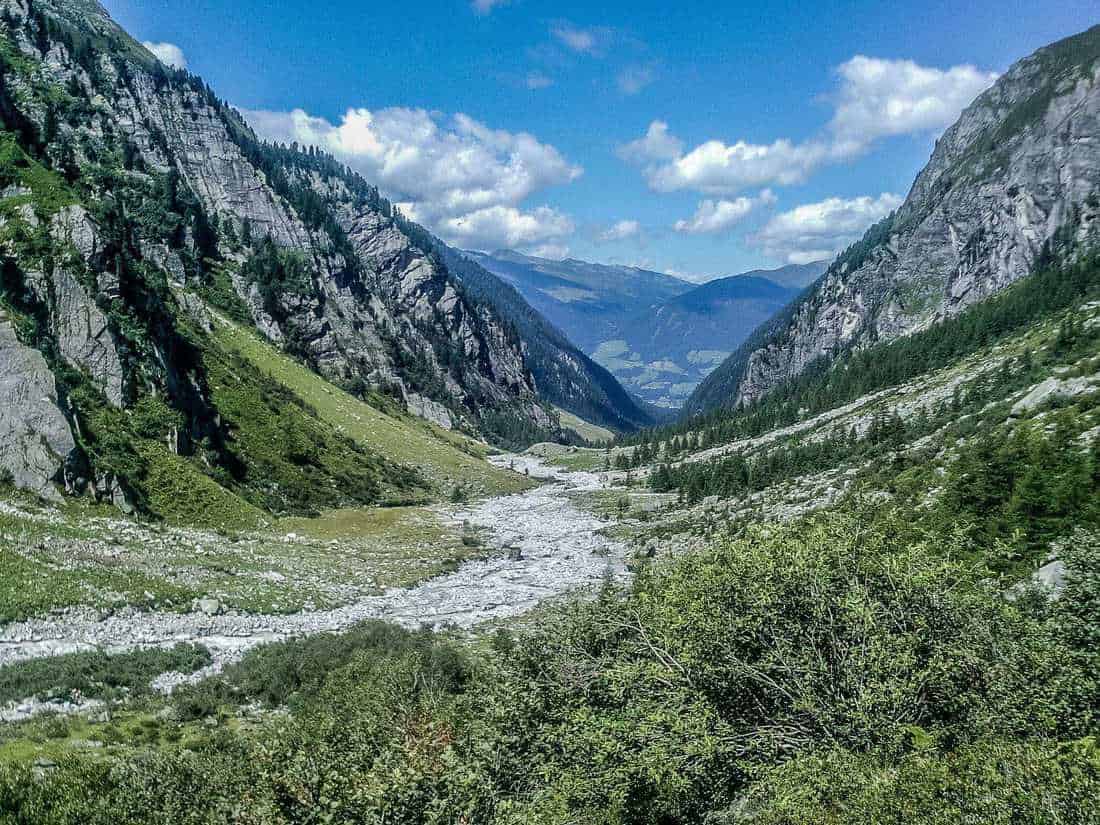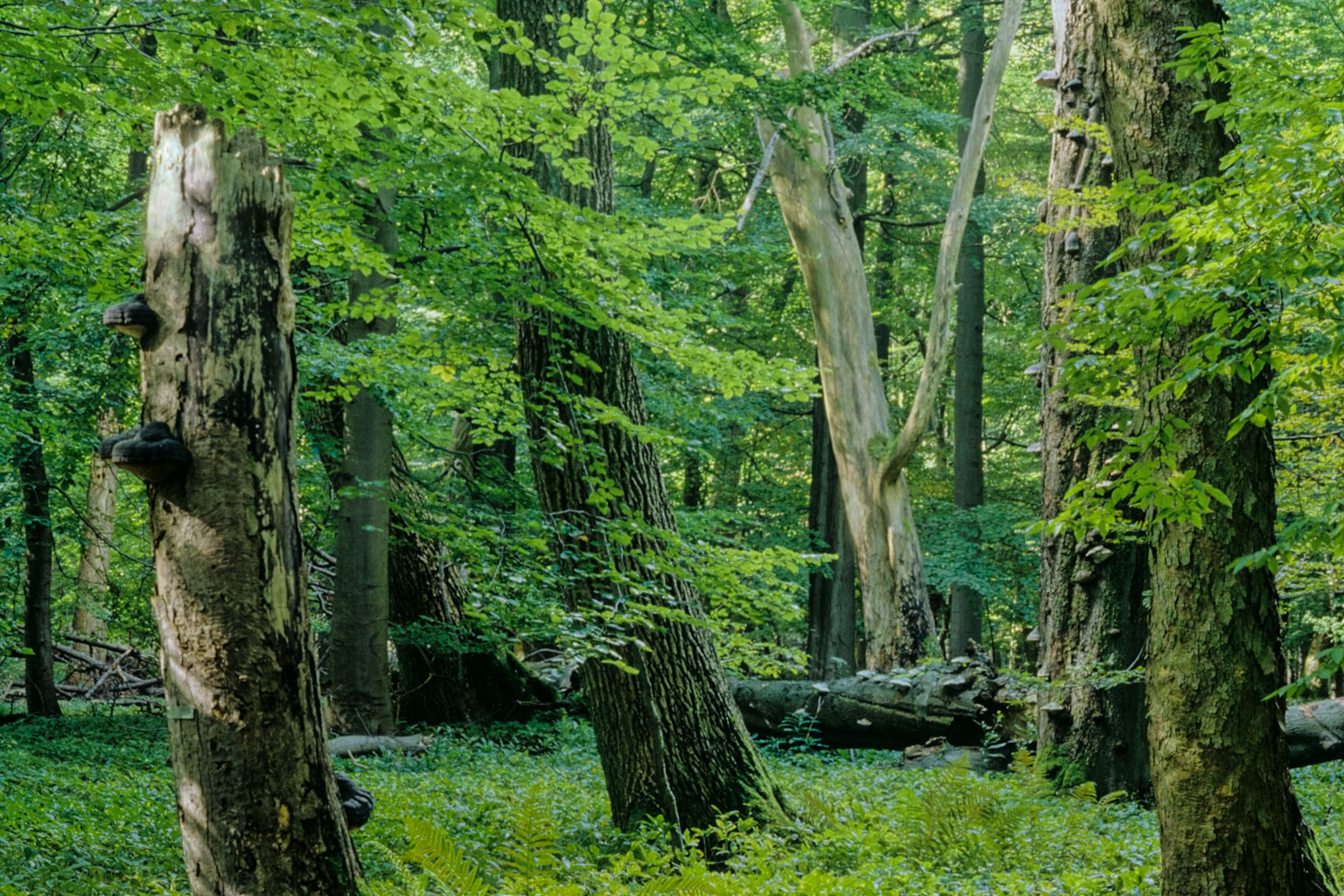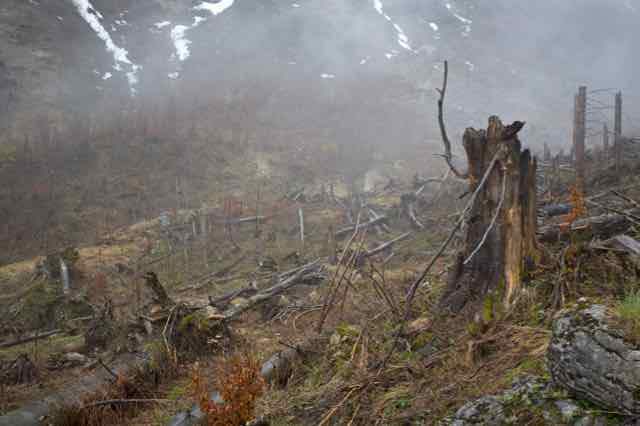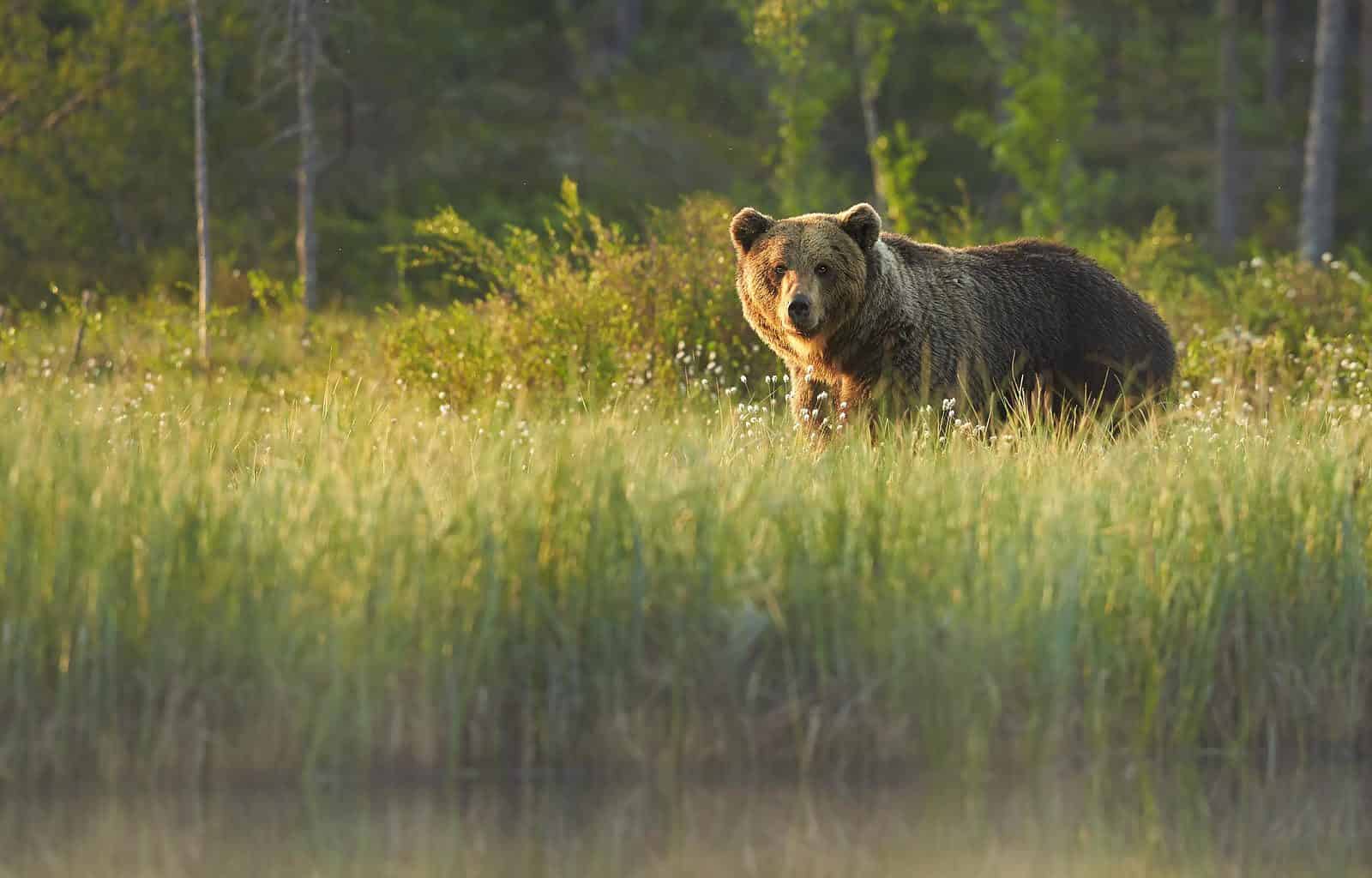Investing in Wilderness pays off
For many, nature conservation is a charity cause. A nice-to-have, but secondary to ‘real’ issues like the economic situation. This is reflected in the environmental policy of many countries and organisations. The Covid crisis once again proved that governments are willing to spend trillions to boost our economy. Simultaneously, nature and climate conservation fades into the background as soon as bigger issues dominate the public and political debate. This view on nature conservation is not only short-sighted and dangerous, it is plainly wrong.
Please also read: Wilderness doesn’t need protection, Wilderness need protectors
Nature as a profitable investment
A new study once again confirmed that nature conservation is in fact not a money-losing cause, but a profitable investment. Even more so, it is the best investment in the world. Is does not only create a better, more resilient and fairer world, economic benefits outweigh the costs by a ratio of 5 to 1. This shows that the best way to earn with all the gifts that nature provides humanity with, is not to exploit them, but to protect them. Therefore, the over 100 economists and scientists that worked on the study emphasize that at least 30% of the planet have to be protected in their natural state. This might seem like a costly plan, but it would actually cost less than the world spends on video games each year.
To implement this ambitious plans, the author call on high income countries. While rich countries are using up natural resources from around the globe, they often leave poorer countries alone when it comes to protecting the nature that creates these natural resources. Financially supporting low income countries with the conservation of the biodiversity hotspots that are often still present in these countries is not a nice gesture, but in everyone’s interest as these areas have global importance.
Increasing nature protection is sound policy for governments juggling multiple interests. You cannot put a price tag on nature — but the economic numbers point to its protection.

Supporting a healthy economy
The alternative, continuing on our current path, will eventually lead to economic catastrophe. A destroyed ecosystem cannot support a healthy economy. The climate and biodiversity crisis are not only crisis for other species, but also for every single human. While 14% of land and 7% are currently protected, they are massively underfunded and only receive a third of the funding that is necessary to run them effectively. That must change and there are a lot ways to make protected areas profitable, if the political will is there.
Protecting nature pays off in a variety of ways. It provides ecosystem services, mitigates climate change, prevents natural disasters like floods, provides clean water and healthy soil and is an important driver for tourism. A healthy planet also improves physical and mental health. All of this makes life for people around the world happier, safer and generates economic value. To use these benefits, we have to change how we exploit nature with agriculture, forestry and fishery. However, this does not mean that farmers, foresters and fishers will lose their jobs. They are the ones most directly depend on a healthy ecosystem and hence the ones that benefit most.
A shared responsibility
In our work with potential Wilderness areas, the most common sentence we hear is: “We would love to do more, but there is just no money.” The findings of the study show why governments and other authorities have to rethink their priorities. Protecting intact nature and Wilderness must not be the responsibility of private donors. It is not a charity cause, but a basic duty of society and all institutions. If everyone recognizes this, the world will not only be a better place, but also a wealthier one.
All it takes is one lobbyist to come along and say ‘This programme is no longer economically viable. That’s the risk we see when we tie environmental protection to economic performance.










